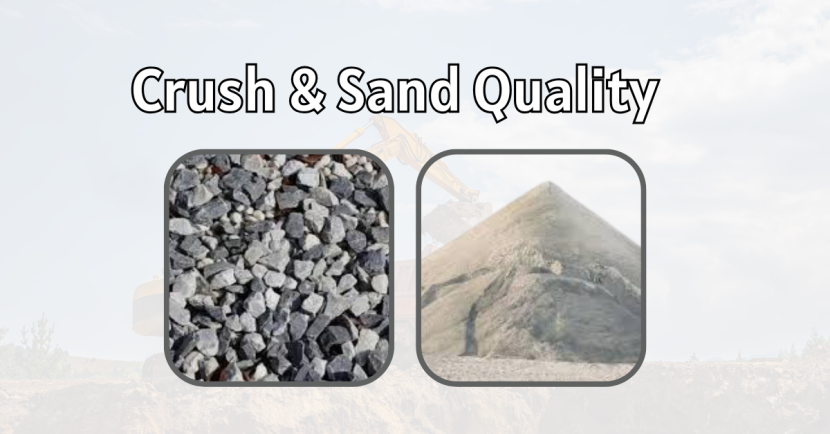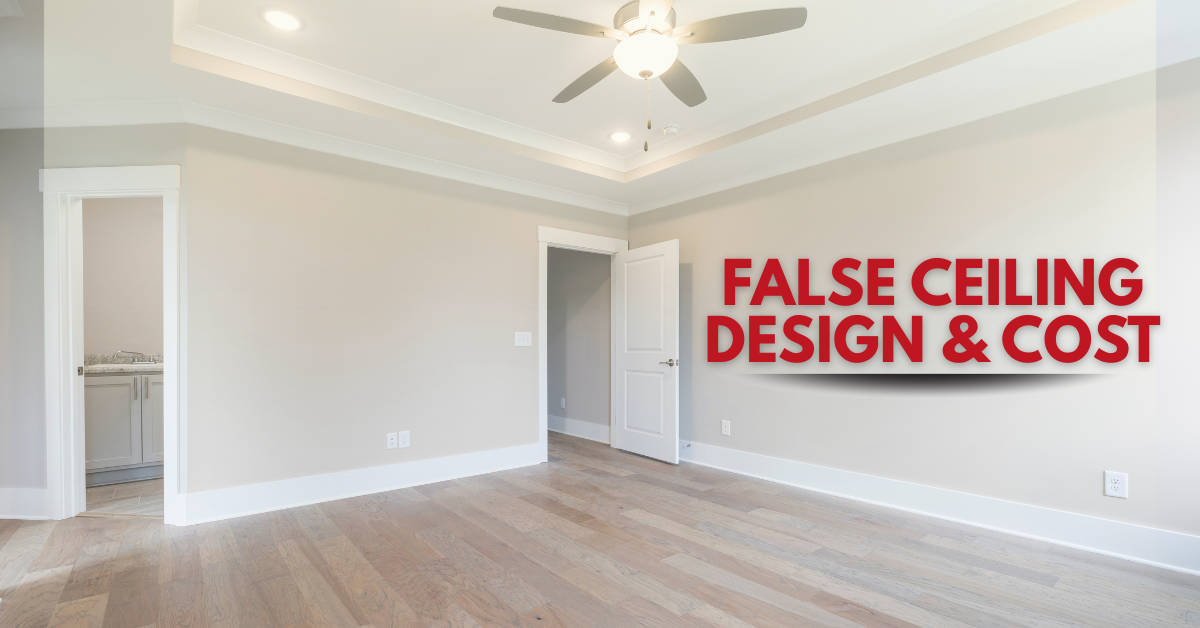Role of Crush and Sand Quality in Lahore Construction Sites
- By ittefaq
- August 4, 2025
- 16
- House Construction
Introduction
Concrete’s compressive strength is governed not only by cement and water-cement ratio but also by the quality of sand (rait) and crushed stone aggregate (bajri). In Lahore’s fast-growing housing market, sub-standard aggregates can trigger segregation, honeycombing, and long-term durability issues—especially during humid monsoons. This guide details Lahore’s main sources, on-site testing protocols, price benchmarks, and storage best practices to ensure every cubic metre of concrete delivers the specified 3,000–4,500 psi.
Common Sand Sources & Characteristics
| Source | Typical Fineness Modulus (FM) | Silt Content | Best Use |
|---|---|---|---|
| Chenab River Sand | 2.2 – 2.6 | ≤ 6 % | RCC slabs, columns |
| Ravi / Ghassu “Slit” Sand | 1.4 – 1.8 | 10 – 12 %* | Plaster & mortar after double washing |
| Lawrence Canal Dredged Sand | 2.0 – 2.3 | ≤ 5 % | Brick masonry mortar |
*Must be washed to bring silt below 8 % before structural use.
Major Crush Varieties in Lahore
| Type | Los Angeles Abrasion Value | Water Absorption | Typical Price (PKR/ft³) |
|---|---|---|---|
| Margalla (Taxila) | 20 – 25 % | 0.6 – 1.0 % | 120 – 135 |
| Sargodha | 25 – 30 % | 1.0 – 1.5 % | 90 – 100 |
| Dina (Jhelum) | 22 – 28 % | 0.7 – 1.2 % | 95 – 110 |
* Margalla offers superior hardness and low absorption—ideal for high-strength concrete; Sargodha remains the budget-friendly choice for non-critical members.
Quick On-Site Quality Tests You Can Do
| Material | Test | Procedure | Acceptable Result |
|---|---|---|---|
| Sand | Jar Silt Test | 1 : 1 sand-water mix, shake, let settle 30 min | Silt layer ≤ 8 % of total height |
| FM Check | Sieve 1 kg sample through 4.75–150 µm stack | FM = 2.0–2.6 for concrete | |
| Crush | Flakiness Index | Gauge 200 particles | ≤ 25 % flaky / elongated |
| Visual Dust Check | Rub sample; observe palm | Minimal dust residue | |
| Specific Gravity | Pycnometer | ≥ 2.60 |
Perform these tests once per 100 ft³ delivery or when switching suppliers.
Impact of Poor Aggregate on Concrete Performance
-
High Silt Sand → Weak bond → Surface scaling & plaster debonding.
-
Dusty Crush → ↑ Water demand → Shrinkage cracks.
-
Flaky Aggregate → Poor packing → Honeycombing and lower strength.
A single 2 % increase in water–cement ratio to compensate for dusty aggregates can drop 28-day strength by nearly 10 %.
2025 Price Snapshot & Budgeting Tips
Sand (per ft³, Lahore)
-
Chenab: PKR 70 – 80
-
Ravi / Ghassu: PKR 45 – 55
-
Lawrence: PKR 60 – 70
Crush (per ft³, Lahore)
-
Margalla: PKR 120 – 135
-
Sargodha: PKR 90 – 100
-
Dina: PKR 95 – 110
Rates verified 3 Aug 2025; transportation within 40 km radius of Thokar Niaz Baig included.
Budget Hack: Pair Grade 60 steel with Margalla crush for columns/footings, and switch to Sargodha crush plus washed Chenab sand for non-load-bearing walls to trim concrete cost by ~5 % without compromising structural integrity.
Storage & Handling Best Practices
-
Stockpile on PCC Floor: Prevents clay contamination during rain.
-
Segregation Control: Create 1 m high bund walls between size fractions.
-
Moisture Management: Cover sand piles with geo-membrane; maintain uniform moisture to avoid batching errors.
-
First-In First-Out: Mark delivery dates to rotate inventory and prevent excessive weathering.
Future Trends & Sustainability
-
Manufactured Sand (M-Sand): Pilot plants near Sheikhupura crushing hard rock to IS 383 grading—expected market entry 2026.
-
Recycled Concrete Aggregate (RCA): Lahore Development Authority drafting bylaws to allow 10 % RCA in non-structural concrete.
-
AI-Enabled Batching Plants: Real-time moisture probes adjust water dosage, minimizing slump variations.
Conclusion
High-quality sand and crush are the silent enablers of durable concrete. Prioritise low-silt Chenab sand, well-graded Margalla or Sargodha crush, and perform quick field tests to catch contaminants before they reach the mixer. Your project’s longevity—and your client’s peace of mind—depend on the aggregates you accept today.



Add Comment